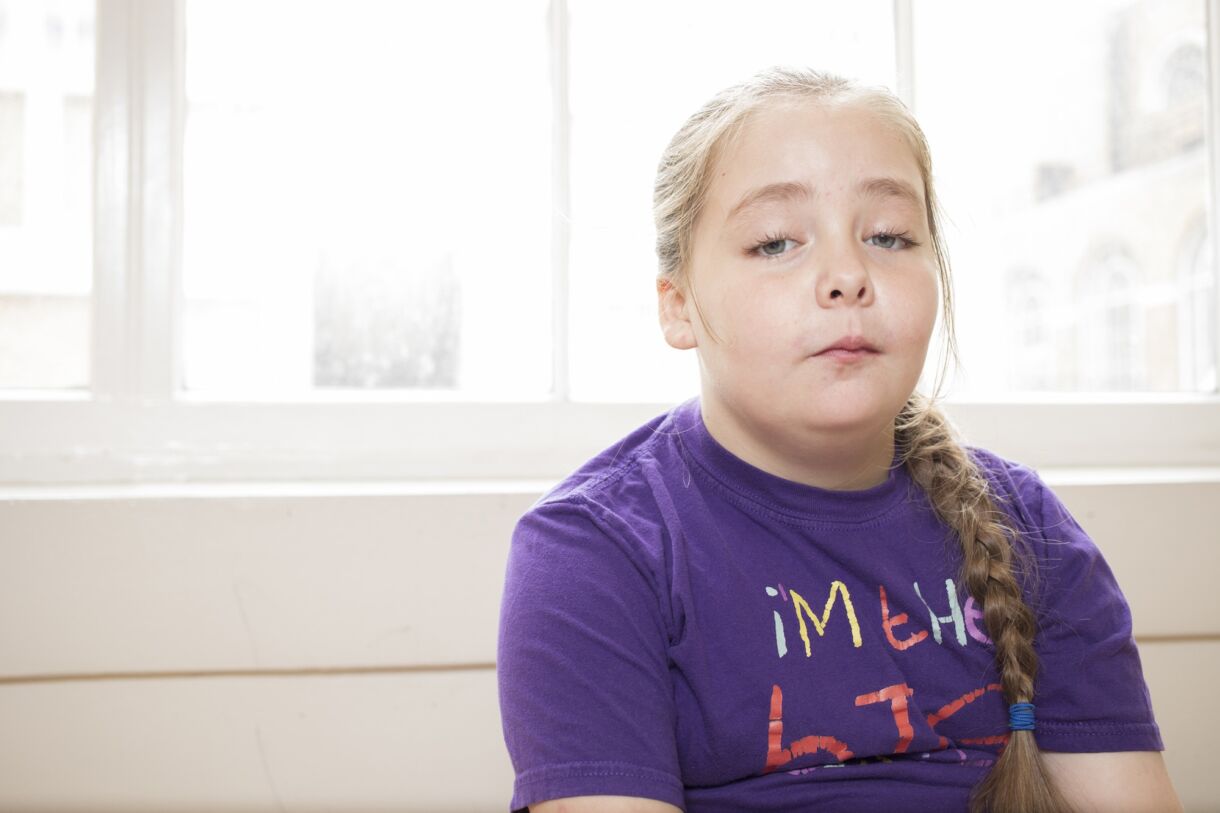
Continuing a legacy
Dr Angela Hind, our Chief Executive, leads a dedicated team which is committed to ensuring we use our donations responsibly and make the biggest possible impact on human health.
Ever since the first known donation in 1919, many generous individuals and organisations have made gifts or left part of their estate to the Medical Research Council (MRC) in recognition of its important work.
The people we support are our greatest legacy for the future of people’s health.

In 2006, Dr Angela Hind was tasked with modernising these charitable funds to create a new charity. This meant appointing an independent board of trustees, creating our own research award mechanisms, and legally separating from the MRC, to form the organisation we know today as the Medical Research Foundation, in 2011.
Angela – now our Chief Executive – leads a dedicated team which is committed to ensuring we use our donations responsibly and make the biggest possible impact on human health.
We are different from other medical research charities in two important ways. Firstly, research is our only purpose. We don’t provide support or information to patients or do the kind of campaigning or advocacy work which other charities do.
Secondly, we aim to support the very best research and researchers in areas of health with the greatest clinical need, including the threat of drug-resistant infections, adolescent mental health, pain research and more.
"The people we support are our greatest legacy for the future of people’s health," says Angela.
“While we are still relatively small compared to other medical research funders, we punch above our weight in terms of the impact we make. This is thanks to the trust placed in us by our donors, who allow us to fund the very best scientists, the most needed research, and the research that could have the biggest impact in years to come."
We provide funding at a really critical point in a scientist’s career, when they could very easily follow a different path and leave medical research altogether. This support secures their future in research and helps them become research leaders in their given field, which can only benefit the people who live with the conditions that they work on. Dr Angela Hind

